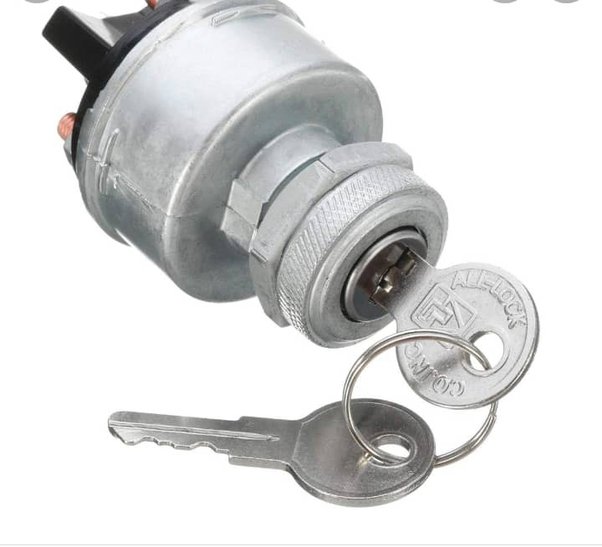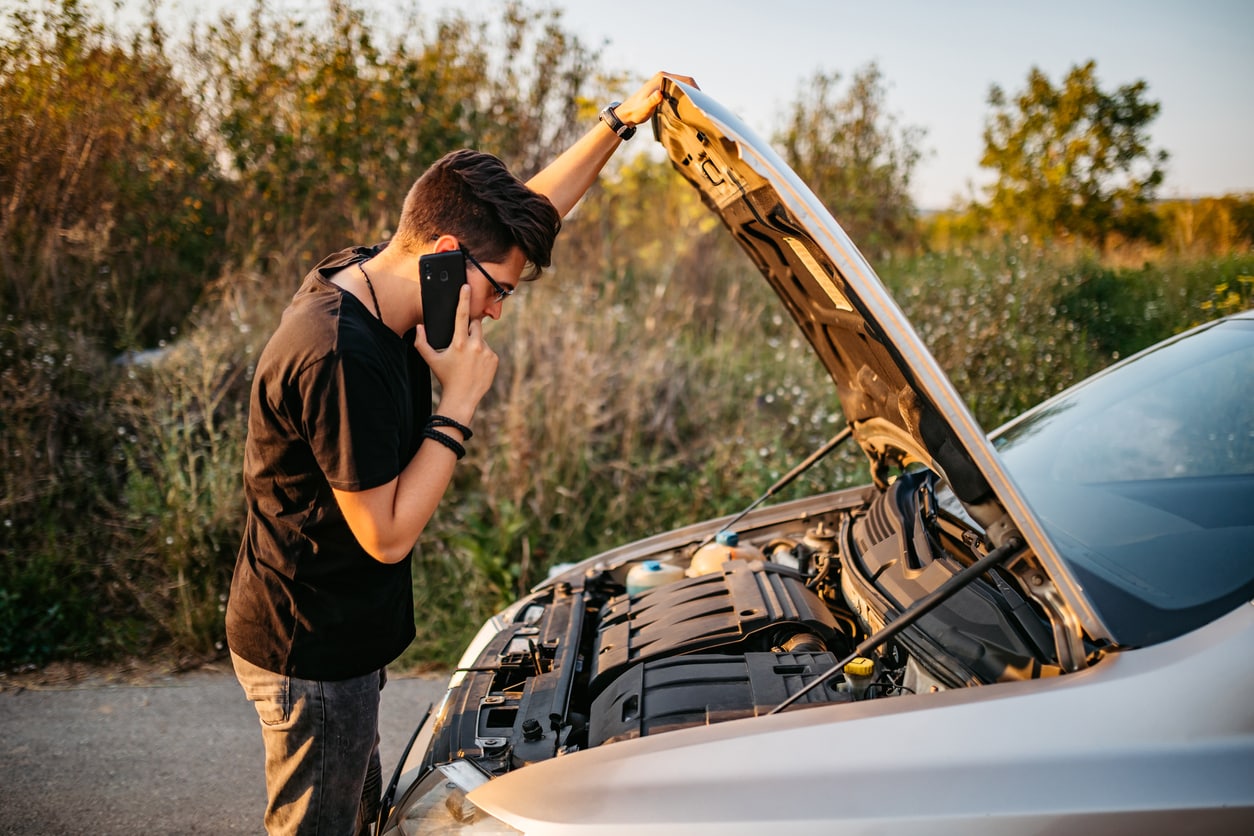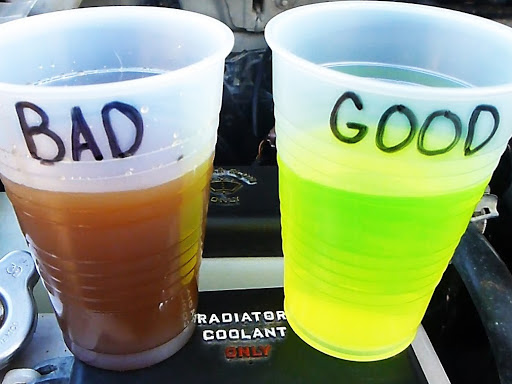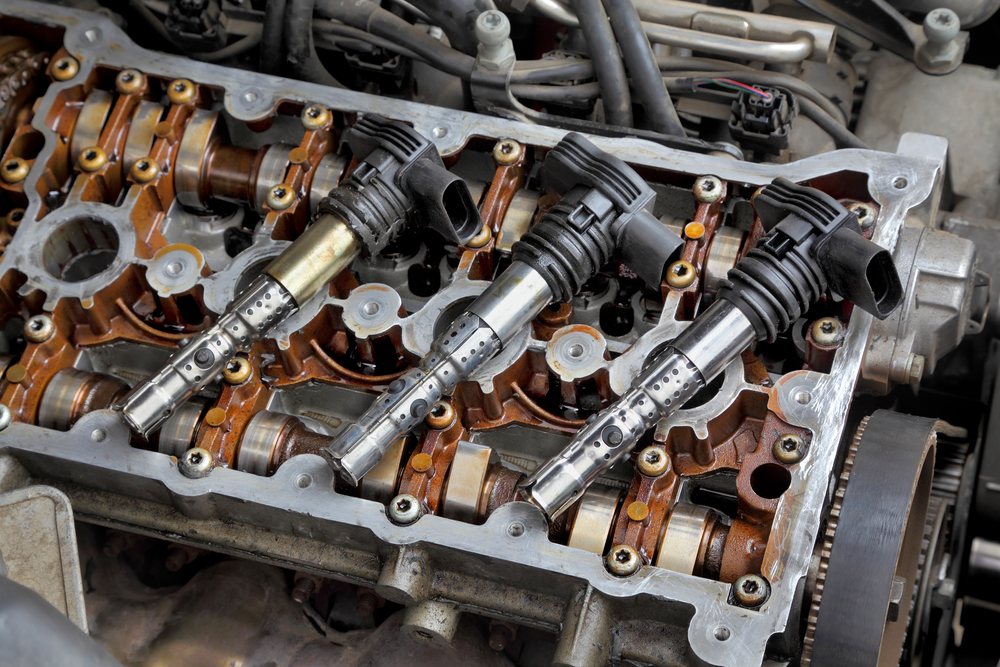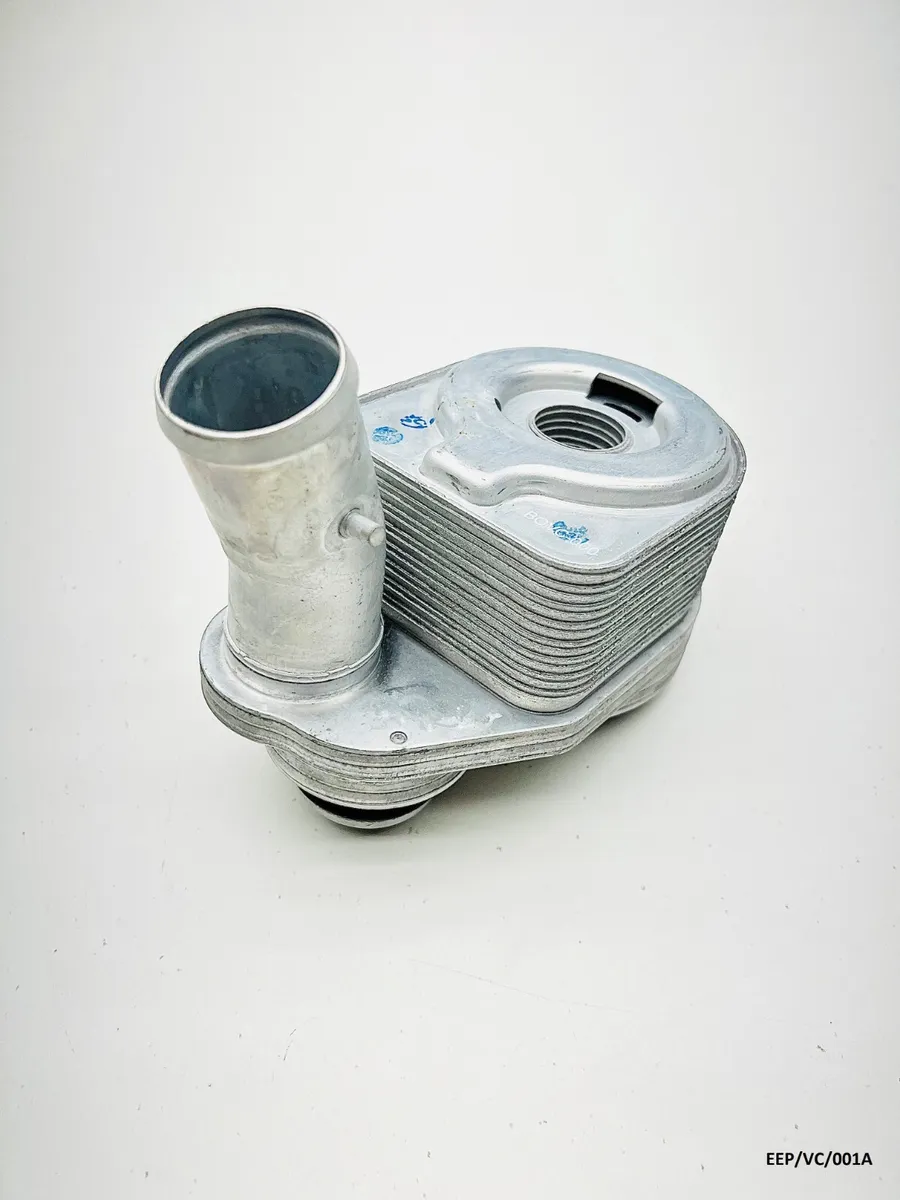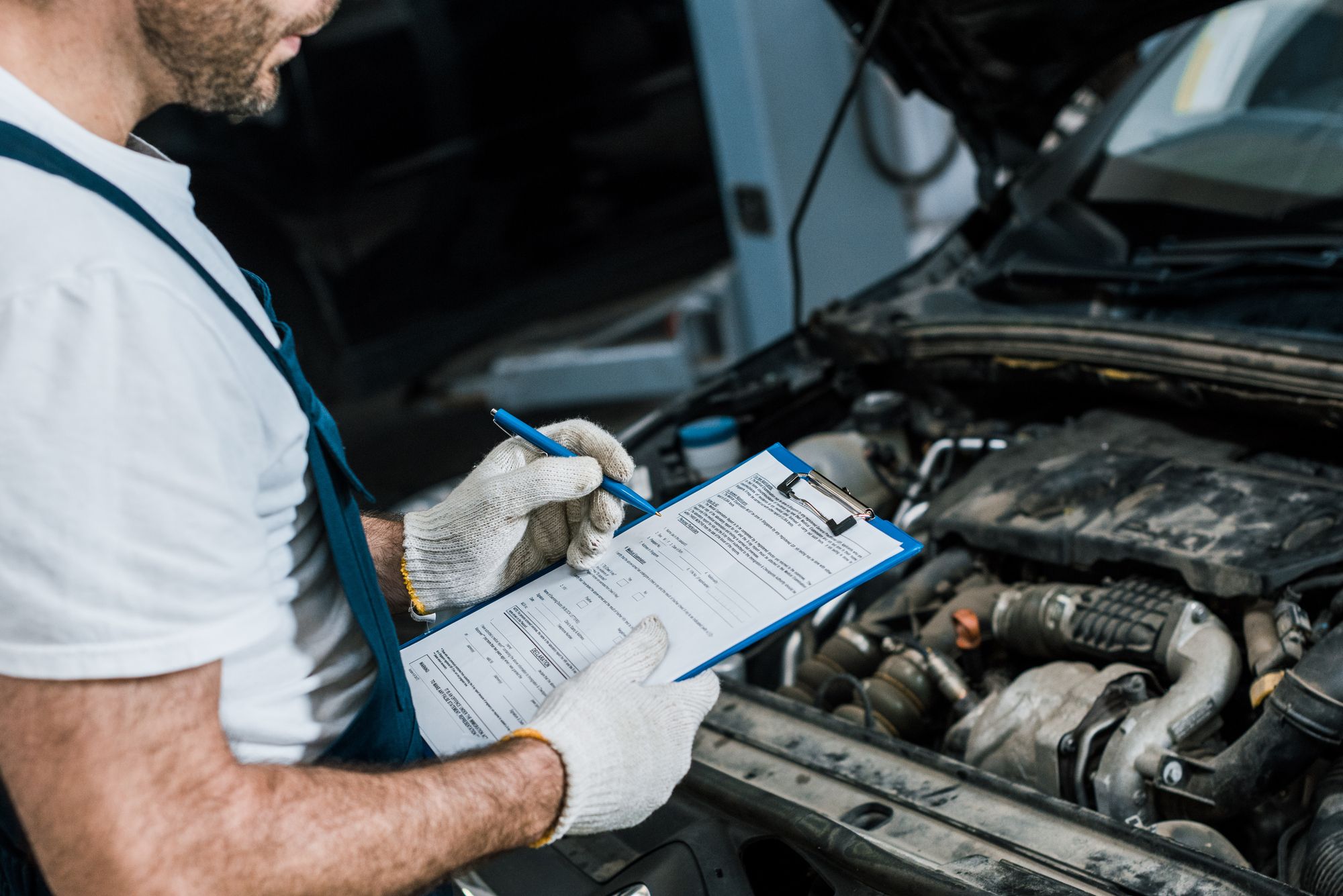What Happens If You Don’T Replace Your Starter?
Not replacing your starter can lead to a non-functional engine. Your vehicle may become undriveable without repair.
Having a reliable starter is essential for your vehicle’s operation. The starter motor is responsible for cranking the engine when you turn the key or push the start button, beginning the ignition process. If the starter fails and is not replaced, the engine will not start, leaving you stranded.
Over time, electrical or mechanical issues within the starter can worsen, leading to complete failure. Regular maintenance and timely replacement of a failing starter ensure continuous vehicle availability and prevent potential inconveniences. It’s crucial to be attentive to signs of starter issues, such as slow cranking, clicking sounds, or intermittent engine start problems, to address them before complete failure occurs. Neglecting a faulty starter could also result in collateral damage to other engine components, increasing repair costs.
Signs Your Starter Is Failing
Recognizing the signs your starter is failing is crucial to maintaining a reliable vehicle. Your starter is your car’s unsung hero, igniting the engine when you turn the key. Ignoring the warning signs can leave you stranded. Let’s explore what to look out for when your starter shows signs of wear.
Engine Won’t Turn Over
One clear indicator of a failing starter is when the engine doesn’t turn over. You might hear a clicking sound or no sound at all when you turn the key. It’s a message from your car: Check the starter!
Strange Noises Upon Ignition
Strange noises are alarming signs. Grinding, whirring, or freewheeling sounds suggest the starter gear is worn or not engaging properly. These sounds can’t be ignored and signal a visit to the mechanic is due.
Electrical Issues And Dashboard Lights
| Sign | Possible Cause | Action Required |
|---|---|---|
| Dim Lights | Starter drawing too much power | Check electrical connections |
| Intermittent Operation | Faulty Ignition switch | Test Ignition system |
| Warning Lights | Starter relay issues | Diagnose dashboard alerts |
Dashboard lights can also hint at starter trouble. If the ‘check engine’ or battery light illuminates, it’s time for a closer look at your starter. Electrical issues often link back to a compromised starter or related components.
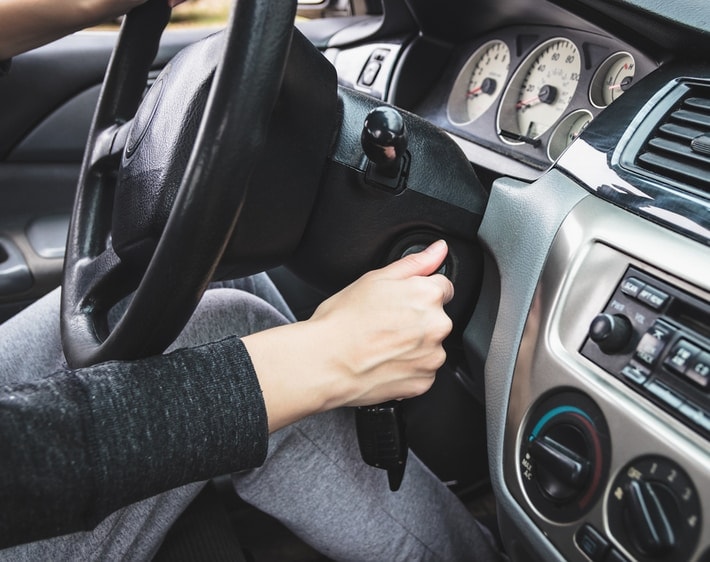
Credit: www.firestonecompleteautocare.com
The Role Of The Starter In Your Vehicle
Imagine a key component in your car that kicks off your daily drive. This part, known as the starter, plays the crucial role of bringing your engine to life. Without it, your car remains a silent, motionless machine, incapable of taking you places. Let’s discover the importance of this device and what happens if you neglect it.
Igniting The Engine Cycle
At the turn of a key or the push of a button, your starter has a big job to do. It needs to rotate the engine at a speed that allows for internal combustion. Without the starter, the engine won’t begin its cycle, and your vehicle won’t budge. Ignoring signs of a failing starter can result in a car that’s completely unable to start.
Relationship With The Battery And Alternator
The starter, battery, and alternator form a power-trio in your vehicle. The starter uses power from the battery to start the engine, and the alternator replenishes the battery’s charge while the engine runs. When the starter ages and struggles, it can overwork the battery and alternator, leading to a cascade of electrical issues and potential breakdowns.
Proper maintenance matters. Regular checks and timely replacement of your starter keep this trio in harmony, ensuring a smooth start every time.
Consequences Of Ignoring Starter Problems
The starter is crucial for your car’s ignition process. Ignoring starter issues can lead to bigger problems. It’s best to understand what could happen. Let’s explore the consequences of neglecting starter problems.
Stranded With A Non-starting Vehicle
Ignoring starter signs risks being stuck.
- No engine crank means no start.
- Delayed action often leads to total failure.
- Missed appointments and urgent situations cause stress.
Potential For Electrical Damage
A faulty starter can overwork the electrical system.
Excess current may damage wiring.
Battery life gets shorter with a bad starter.
Increased Wear On Other Components
Failed starters make other parts work harder.
| Component | Effect |
|---|---|
| Ignition switch | Extra wear |
| Relays and switches | Higher failure chances |
| Car battery | Quicker depletion |

Credit: www.ebay.com
How A Malfunctioning Starter Affects Your Engine
Your car’s starter plays a vital role in igniting the engine. Ignoring starter issues can lead to more than just a car that won’t start. It affects your engine’s performance and health. Let’s explore some of the risks associated with a failing starter.
Risk of Engine FloodRisk Of Engine Flood
A malfunctioning starter may cause your engine to flood. This happens when the engine receives too much fuel and not enough air. A flooded engine is difficult to start and can cause serious damage over time. Signs of a flooded engine include:
- A strong smell of gasoline
- The engine making a sputtering noise
- The car not starting after several tries
Compromised Engine Performance
A weak starter affects engine performance. Slow cranking speed can cause incomplete combustion. This hampers the engine’s efficiency and power. The following are indicators of compromised performance:
| Indicator | Description |
|---|---|
| Dim lights | Headlights and dashboard lights may dim during startup. |
| Unusual noises | Noises like clicking or grinding when trying to start the car. |
| Intermittent starts | Sometimes the engine starts, sometimes it does not. |
An engine running poorly leads to extra wear and tear. Be proactive about starter troubles. Regularly check your starter’s health. Early detection of starter issues saves time and money. It prevents engine complications. Stay alert to the signs of a failing starter. Your engine will thank you.
Preventative Measures And Maintenance Tips
Keeping your car’s starter motor in top shape ensures a reliable ignition every time. Ignoring starter issues might leave you stranded.
Proper attention and care extend the life of your car’s starter. Follow these tips:
Regular Checks And Early Diagnosis
Regular inspections help catch starter problems early. Listen for unusual noises when starting the engine, such as clicking or grinding. These sounds suggest the starter may be failing. A dashboard warning light can also indicate starter or electrical system issues.
- Observe performance: Delayed engine start or unusual noises need immediate attention.
- Check connections: Ensure battery cables and starter connections are secure and corrosion-free.
- Professional assessment: During routine service, ask mechanics to test the starter’s health.
Choosing A Quality Replacement
Select a high-quality starter for replacements. Look for OEM (Original Equipment Manufacturer) parts or equivalent. Cheap alternatives may fail sooner and cost more in the long run.
- Check compatibility: Select a starter designed for your car’s make and model.
- Warranty matters: Opt for starters with a warranty for peace of mind.
- Read reviews: Research and find a reliable brand with positive feedback.
Maintenance Schedule For Longevity
Maintain your starter motor by following a routine schedule. Check the owner’s manual for specifics. Generally, include starter checks in your regular maintenance routine.
| Service Interval | Maintenance Task |
|---|---|
| Every oil change | Visual inspection of the starter and battery terminals |
| Bi-annually | Battery and charging system test |
| Annually | Starter electrical test |
Remember, battery health is tied to starter performance. Keep the battery charged and terminals clean. Replacing your car battery when needed will also prevent starter overload.
The Cost Of Procrastination
Ignoring a failing starter in your vehicle can lead to a heap of troubles. You might think you’re saving money by delaying replacement. But in reality, you’re setting the stage for bigger bills and potential danger. Here’s what happens if you don’t listen to the warning signs.
Immediate And Long-term Financial Impacts
Delaying starter replacement can hit your wallet hard. At first, you might face minor inconveniences. But they grow into costly problems.
- Towing fees: Your car could fail to start, leaving you stranded.
- Missed appointments: A non-starting car could make you miss important events.
- Additional wear: Ignoring the issue leads to wear on other car parts.
In the long run, the expenses stack up. A neglected starter strains the battery and ignition system. This means you might need to replace those too.
| Action Delayed | Potential Cost |
|---|---|
| Immediate Replacement | Cost of a new starter |
| Short Term (1-3 months) | Towing, Battery Damage |
| Long Term (>3 months) | Widespread Electrical Issues |
Safety Concerns Related To Ignoring Starter Issues
Starter problems can put you and others in danger. When a car suddenly doesn’t start, it could be in the middle of the road or an unsafe location. This poses a risk to the driver and other motorists.
Here are key safety risks:- Getting stranded in remote or unsafe areas.
- Unexpected breakdowns in traffic.
- Diminished emergency response if the car won’t start.
Stay safe, avoid stress, and save money in the long run. Address starter issues promptly.
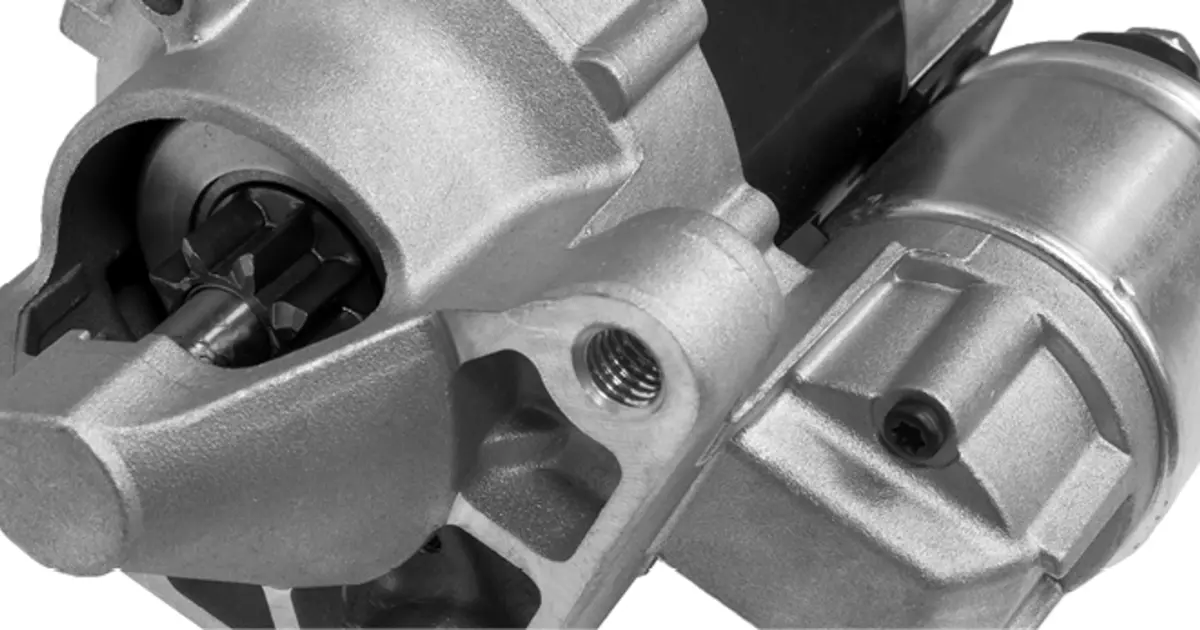
Credit: haynes.com
Frequently Asked Questions On What Happens If You Don’t Replace Your Starter?
Can A Bad Starter Affect Your Car’s Performance?
Yes, a failing starter can affect performance. It may cause slow engine cranking, intermittent operation, and even a clicking noise without engine start. Ignoring these signs could result in complete starter failure and an inability to start the engine.
What Risks Come From Not Replacing A Starter?
Avoiding starter replacement can lead to a no-start condition, leaving you stranded. Continuous attempts to start with a bad starter can damage the battery and flywheel, potentially leading to more costly repairs.
How Long Does A Car Starter Typically Last?
Car starters generally last between 100,000 to 150,000 miles or 7 to 15 years. However, their lifespan can be shortened by factors like frequent starts, driving conditions, and vehicle maintenance habits.
Can You Jumpstart A Car With A Faulty Starter?
Jumpstarting can sometimes help if the battery is the cause of the starting issue. However, if the starter itself is defective, jumpstarting won’t resolve the problem, and the engine won’t crank or start.
Conclusion
Ignoring starter issues can lead to a cascade of vehicle problems. Prompt replacement safeguards your engine’s longevity and ensures reliable ignition. Remember, a functioning starter is key to a smooth drive. Don’t wait until your car refuses to start; address starter troubles at the first sign.


